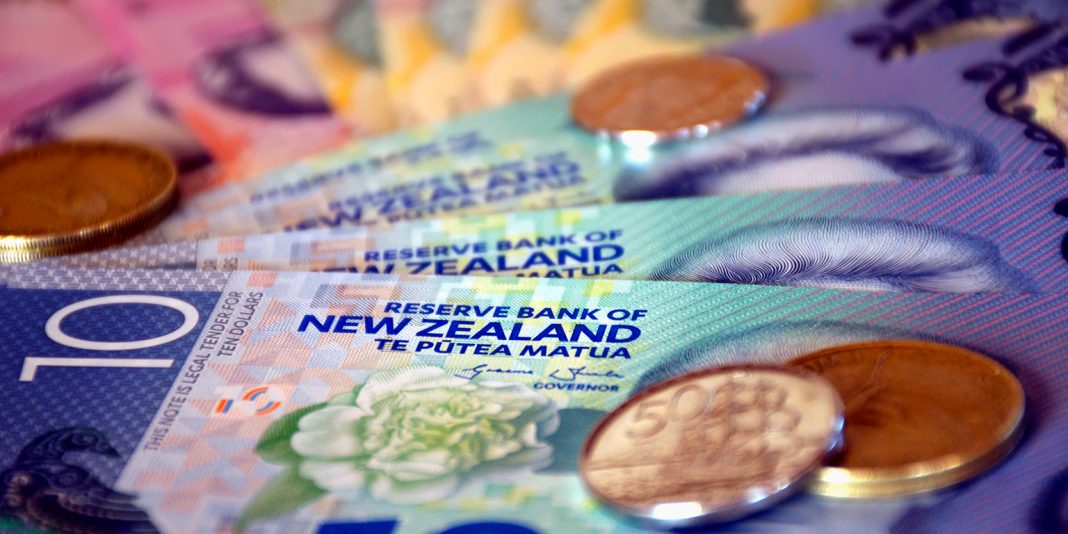Wellington needs assessment nurses are in the midst of a week of industrial action and Family Planning nurses are planning to strike for 24 hours on December 13 in protest at eroding pay parity with DHB colleagues.
Their action follows strike action last week by nurses working for East Coast iwi health provider Ngāti Porou Hauora.
The Public Service Association, representing Wellington Care Coordination nurses and administrators working for Christchurch-based not-for-profit organisation Nurse Maude, said its members started on November 29 declining to do a range of activities for a week in a stand against a decade of eroding pay rates.
The PSA member nurses – who carry out community-based client needs assessments and provide care management servicesunder contract for Capital & Coast and Hutt Valley DHBs –were also urging Nurse Maude to lobby the two DHBs to urgently address funding constraints that had led to the slippage in pay rates and the widening pay gap with district health board nurse colleagues.
Meanwhile about 100 Family Planning nurses and other staff who belong to the New Zealand Nurses Organisation have issued a 24 hour strike notice for 7am December 13. It follows the NZNO members – which includes most Family Planning nurses – rejecting the latest offer for failing to fully address the at least current six per cent pay gap between Family Planning nurses and comparable DHB nurses, rising to a 13-27 per cent gap for nurse practitioners.
NZNO Lead Advocate Chris Wilson said the union acknowledged that Family Planning was underfunded and had endeavoured to provide higher increases than in previous years. “However the staff at Family Planning should not have to make up the funding shortfall by working for lower wages,” said Wilson. “It is time that the funding provided to Family Planning matched the value it gives to the wellbeing of our community.”
Family Planning chief executive Jackie Edmond said it was not pretending its rejected pay offer would close the gap with DHB nurses but it couldn’t offer any more without facing a loss. “It is as good an offer we can provide given our current financial circumstances.”
Edmond said the strike was unprecedented in Family Planning’s more than 80 year history and she was very sad that it had come to strike action but “unfortunately we can’t offer something we haven’t got”.
Edmond said its pay offers, spread over two years, ranged from an average of about 6.2 per cent for nurses, 4 per cent for health promoters and 4.6 per cent to medical receptionists (though some receptionists would get up to 8 per cent).
She said about 75 per cent of Family Planning’s funding came via two contracts with the Ministry of Health and over the last ten years its Government funding had increased by just under 10 per cent – that is the equivalent of less than one per cent a year. But over the same time period she said it had increased nurses pay and health promoters – prior to the current rejected offer – by about 18 per cent and for medical receptionists 20.6 per cent.
Edmond said the new DHB pay rate for nurses had certainly made it ‘more challenging’ and it was impossible for it to match the DHB pay scale when its funding had risen so little. Family Planning had been working with the Ministry over last decade to increase funding and was currently in the middle of a three year contract which didn’t finish until the end of June 2020.
Family Planning and NZNO plan to return to mediation early next week to try and resolve the dispute before the planned 24 hour strike on December 13.
Edmond said if the strike went ahead it was likely to close some of its clinics and offer minimal services at others. Meanwhile it was rescheduling as many appointments as possible.





















